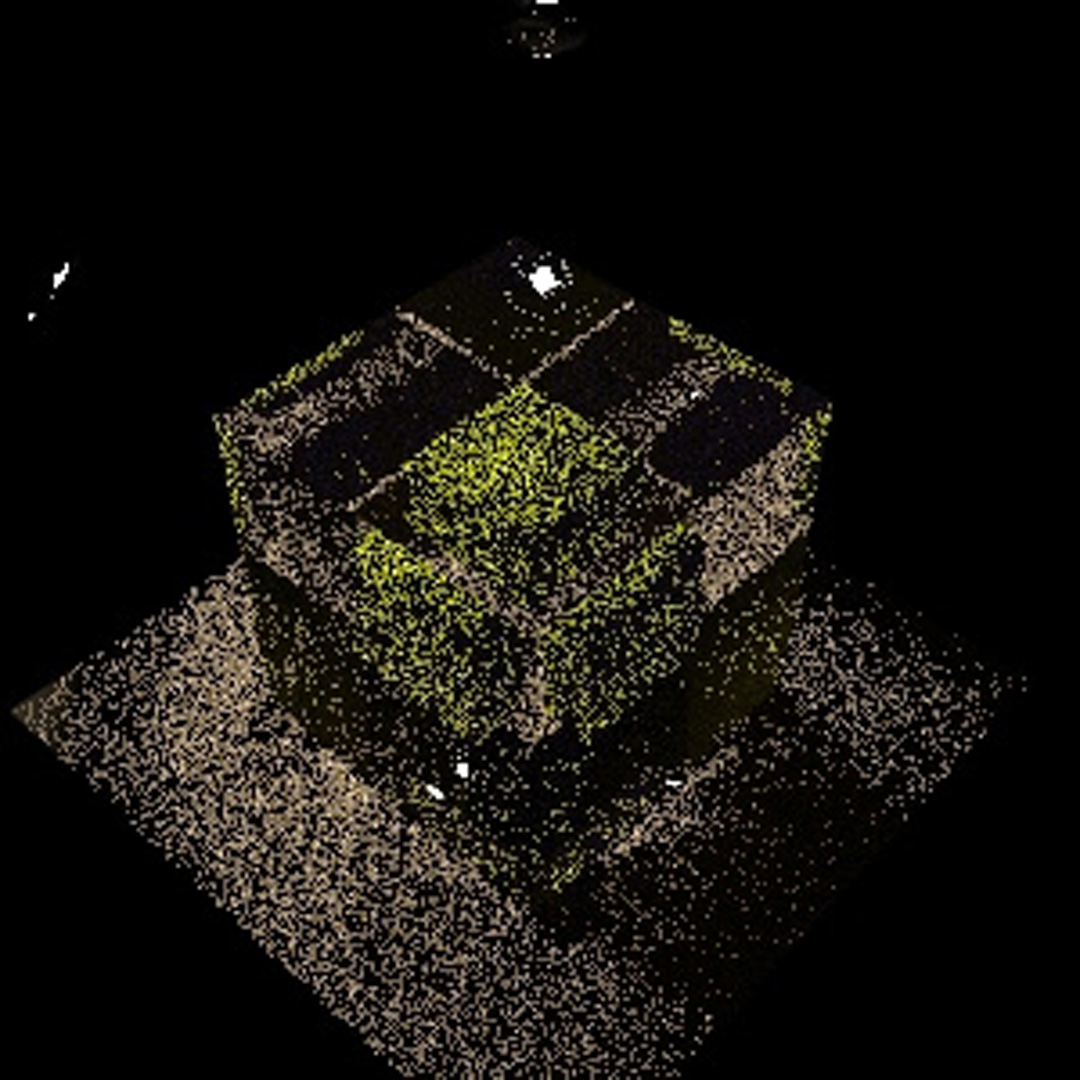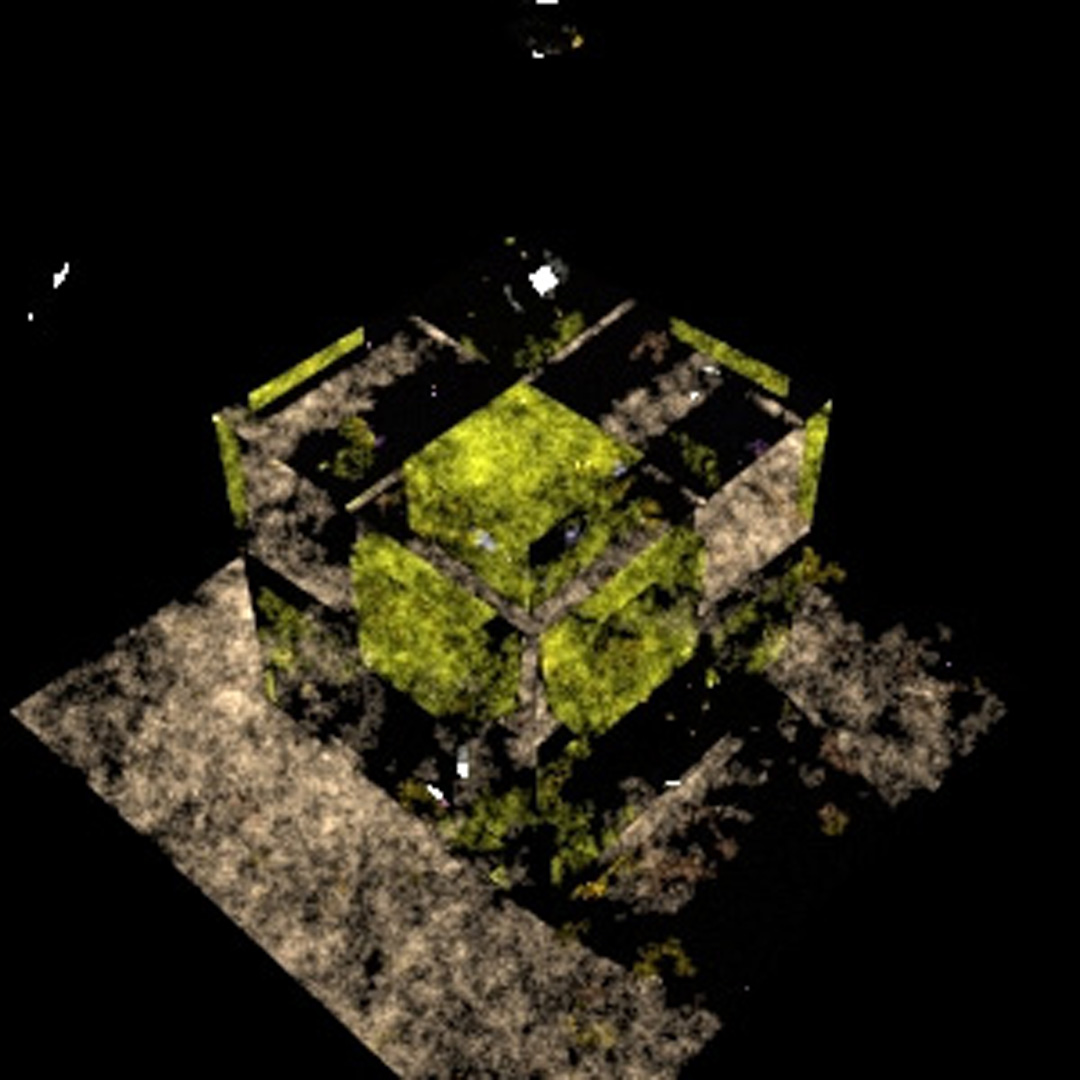“Global illumination with replica-exchange Monte-Carlo method” by Kitaoka, Kitamura and Kishino
Conference:
Type(s):
Title:
- Global illumination with replica-exchange Monte-Carlo method
Presenter(s)/Author(s):
Abstract:
Global illumination (GI) is essential for photorealistic image synthesis, and is formalized by the light transport problem. Among hundreds of algorithms proposed to solve this problem, algorithms based on ray tracing and numerical integration are most promising and they are categorized as “consistent” or “unbiased” algorithms. The consistent algorithms (e.g., photon mapping) use (ir)radiance cashing and interpolation to connect paths from light sources to a camera, and results always include statistical biases. On the other hand, in the unbiased algorithms, although artifacts appear only as results of estimation variance, they are inherently time-consuming. For example, Metropolis Light Transport (MLT) algorithm, which is one of the unbiased algorithms, solves the light transport problem efficiently, however, it has slow mixing (start-up bias) problem.
References:
1. Csaba, K., László, S.-K., Antal, G., and Csonka, F. 2002. A simple and robust mutation strategy for metropolis light transport algorithm. Computer Graphics Forum 21, 3, 1–10.
2. Iba, Y. 2001. Extended ensemble monte carlo. International Journal of Modern Physics C, 12, 623–656.
Additional Images:






